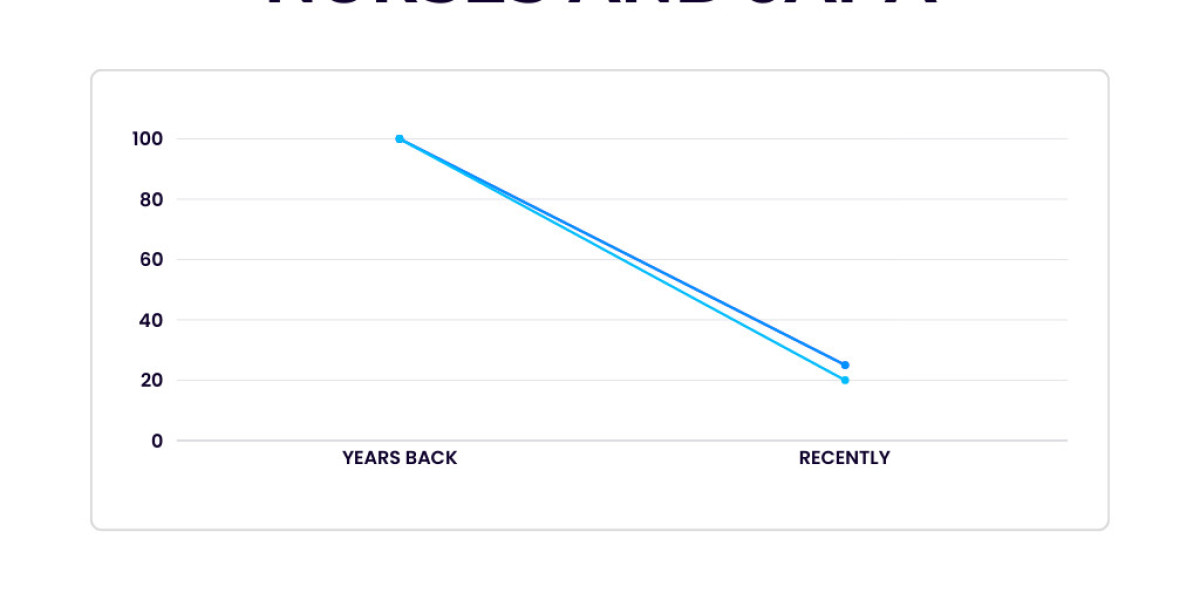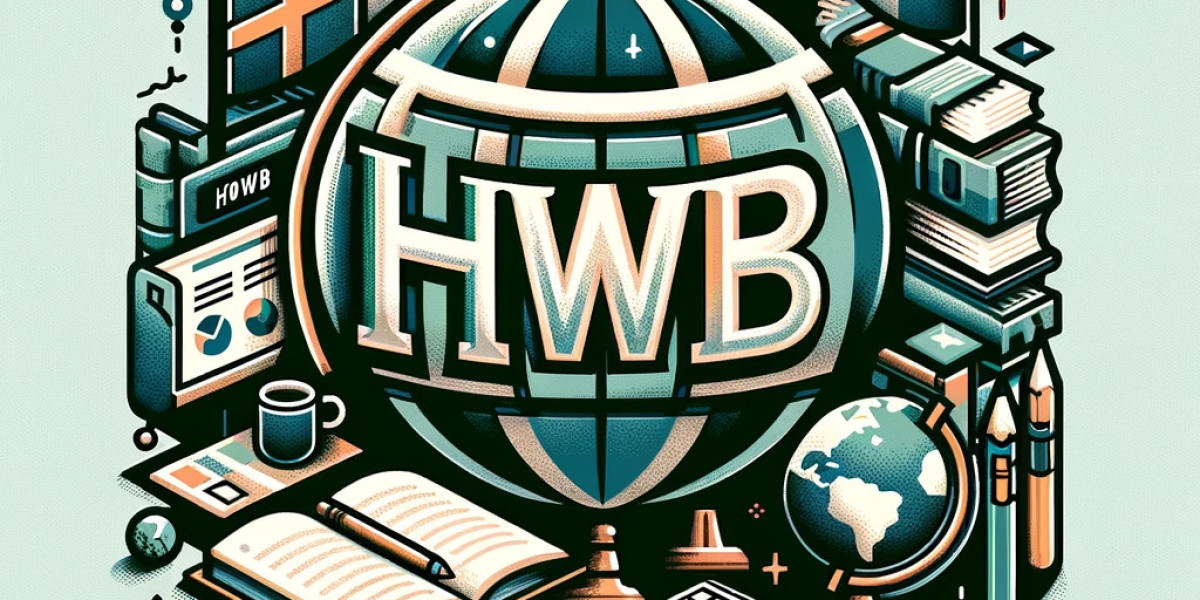Technological advancements in today's healthcare landscape are pivotal in improving efficiency, communication, and overall healthcare outcomes. As a nurse, understanding and embracing these innovations can empower you to provide exceptional care while adapting to the evolving demands of the healthcare industry.
Why Technology Matters in Nursing
Technology in nursing encompasses a diverse array of tools and systems designed to streamline clinical workflows, enhance patient safety, and improve healthcare delivery. At its core, technology helps nurses manage patient information more efficiently, collaborate effectively with interdisciplinary teams, and engage patients in their care plans. For example, electronic health records (EHRs) replace traditional paper charts with digital records, enabling nurses to access comprehensive patient information instantly from anywhere within the healthcare system. This not only reduces administrative burdens but also facilitates more accurate decision-making at the point of care.
Embracing technology in nursing requires ongoing education and training to ensure proficiency and competency. Professional development opportunities, such as certifications in nursing informatics and specialized training in healthcare technology, equip nurses with the skills needed to integrate and leverage technological innovations in their practice effectively. Continuous learning enables nurses to stay updated on emerging technologies, adapt to evolving healthcare policies and regulations, and advocate for patient-centered care within their healthcare organizations.
Key Technological Innovations in Nursing
Electronic Health Records (EHRs): EHR systems centralize patient information, including medical history, medications, lab results, and treatment plans, into a secure digital format. Nurses can update records in real-time, ensuring that all healthcare providers have access to the most current patient data. For instance, during a patient consultation, a nurse can quickly retrieve vital information such as allergies or previous surgeries, enhancing care coordination and minimizing errors.
Telehealth and Telemedicine: Telehealth technologies enable nurses to deliver care remotely, bridging geographical barriers and expanding access to healthcare services. Through video conferencing and remote monitoring devices, nurses can conduct virtual consultations, monitor patient progress, and provide education on chronic disease management. This is particularly valuable in rural or underserved communities where access to specialized healthcare may be limited.
Mobile Health (mHealth) Applications: Mobile apps designed for healthcare professionals offer a wide range of functionalities, from medication management and clinical decision support to secure messaging and telemedicine capabilities. Nurses can use mHealth apps on their smartphones or tablets to access drug references, medical calculators, and communication tools, enhancing efficiency and communication within healthcare teams. For example, a nurse using a medication management app can verify dosage calculations, set reminders for medication administration, and document patient responses in real time.
Simulation and Training Technologies: Simulation-based training using virtual reality (VR) and augmented reality (AR) allows nurses to practice clinical scenarios in a controlled environment. These technologies replicate real-world healthcare situations, such as emergency room procedures or surgical simulations, enabling nurses to refine their skills, improve decision-making under pressure, and enhance patient safety. Simulation also provides a safe space for nurses to learn new techniques and protocols without risking patient harm, fostering confidence and competence in clinical practice.
While technology offers numerous benefits, its integration into nursing practice presents challenges such as data security, interoperability between different systems, and the potential for information overload. Some of these challenges include:
Data Security and Privacy Concerns: Electronic Health Records (EHRs) and other digital systems storing patient information may be vulnerable to cybersecurity threats. Breaches in data security can compromise patient privacy and confidentiality, leading to legal and ethical implications for healthcare providers.
Technological Dependency and Skills Gap: Nurses must continuously adapt to new technologies, which requires ongoing training and education. A lack of proficiency or technological literacy among healthcare professionals can hinder effective use of digital tools and systems, impacting workflow efficiency and patient care delivery.
Interoperability Issues: Different healthcare systems and EHR platforms may not seamlessly communicate or share data, leading to fragmented patient information and potential errors in care coordination. Ensuring interoperability between systems remains a significant challenge in achieving comprehensive patient-centered care.
Costs and Financial Burden: Implementing and maintaining advanced technologies in healthcare settings can be costly. Healthcare organizations may face financial constraints in acquiring and upgrading technology infrastructure, potentially affecting resource allocation and budget priorities.
Risk of Over-reliance on Technology: While technology enhances clinical decision-making and efficiency, over-reliance on digital tools may diminish critical thinking skills and intuition among healthcare professionals. Nurses must balance technology's benefits with their clinical judgment and patient-centered care principles.
Workflow Disruptions and User Interface Challenges: Introducing new technologies into clinical workflows can disrupt established routines and processes, causing temporary inefficiencies and resistance from healthcare staff. User interface design and usability issues may also impact the adoption and acceptance of technology among nurses.
Ethical Dilemmas: Technology introduces ethical considerations, such as the appropriate use of AI in clinical decision-making, patient consent for telehealth services, and the ethical implications of predictive analytics in patient care. Nurses must navigate these ethical dilemmas while upholding professional standards and patient rights.
Digital Divide and Access Disparities: Socioeconomic factors and geographic location may influence access to technology and digital healthcare services. Vulnerable populations, including elderly patients and those in rural areas, may face barriers in utilizing technology, potentially exacerbating healthcare disparities.
Nurses must therefore prioritize patient confidentiality, adhere to ethical standards in data management, and collaborate with IT professionals to address technical issues and optimize system performance. Additionally, fostering a culture of technological acceptance and proficiency among healthcare teams is essential for successful adoption and implementation across healthcare settings.
Looking ahead, the future of nursing technology holds exciting possibilities, including advancements in artificial intelligence (AI) for predictive analytics, robotics for automated patient care tasks, and personalized medicine through genomic innovations. Nurses are poised to play a pivotal role in shaping the future of healthcare delivery by embracing these innovations, advocating for patient-centric technologies, and participating in interdisciplinary collaborations aimed at improving health outcomes and enhancing patient experiences.







